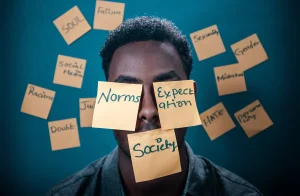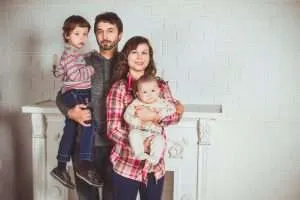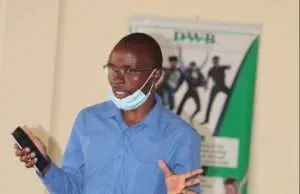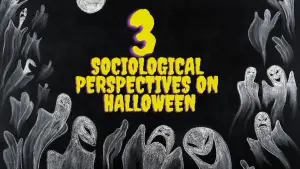Being applied sociologists puts us in an interesting limbo between the academy and the public. We are trained as academics, but we aim to conduct our research for the public—not the academy. We are researchers, yet aim to do research as members of the public—not the academy. So, what about public trust in research?
Public Trust in Research and the Ivory Tower
My differentiation between the academy and the public is getting at the “ivory tower” metaphor. For those who haven’t heard this phrase before, it is often used to call out academics for conducting research and writing books that are only accessible to others within the walls of academia.
That is, much of the research at universities is either structurally inaccessible, or intellectually inaccessible to those outside of the university. For example, subscription fees for peer-reviewed journals inhibit many people without university affiliation from accessing research. Additionally, theoretical jargon in many studies often leaves those without specialized training on the topic unable to fully comprehend the research. I should be clear that this inaccessibility is not the public’s fault.
This kind of academic life-style is what we are working so hard to disrupt with Applied Worldwide.
Who is to blame?
I’ve recently been thinking about the general public’s distrust in science and research, and how I don’t blame the public for their distrust. The ivory tower is defined by its unapproachable elitism that almost celebrates its isolation from the public. However, this isolation comes with the consequence of distrust, which means much of the research conducted within the ivory tower’s walls will never make an impact outside.
This is quite the predicament, given that many of the people inhabiting the ivory tower are highly skilled researchers who are trained to use empirical evidence to make arguments and enact change. In other words, the public would benefit from trained researchers in the same way we benefit from trained educators, trained artists, trained healthcare providers, trained electricians, and other highly skilled professionals. However, because the ivory tower isolates itself from the public, resulting in distrust, only the ivory tower gets to reap its benefits.
I understand there are exceptions to my argument, and it is a bold argument to make, but I stand by it.
Rebuilding Public Trust in Research
Our attempt to carry sociology outside of the gates of the ivory tower is our attempt to make the world a better place. We truly believe that trained researchers—and sociologists in particular—have a unique ability to solve real world problems. We also believe that working with the public to solve problems is hands down the best way to do so.
Nobody knows a community better than members of that community. Nobody knows an organization better than the people who make up that organization. Nobody knows survey research better than a survey researcher. And no body knows the science of society better than a sociologist. Applied sociology brings such experts together, and bringing experts together is how problems get solved.
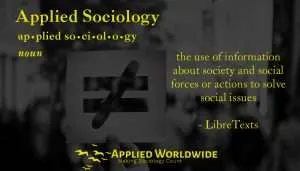
To bring experts together, however, researchers must admit that they are not experts in everything. They must give the public a platform when needed, and acknowledge that people without training in research have valuable skills and knowledge to bring to the table.
If academics can do this, then the public might begin to trust them and their research again. Applied sociologists, at the limbo between the academy and the public, are in the perfect position to rebuild that trust. And if that trust is rebuilt, research and empirical evidence might start to matter again.
Read: Photovoice as a Research Method for Urban Community Development


